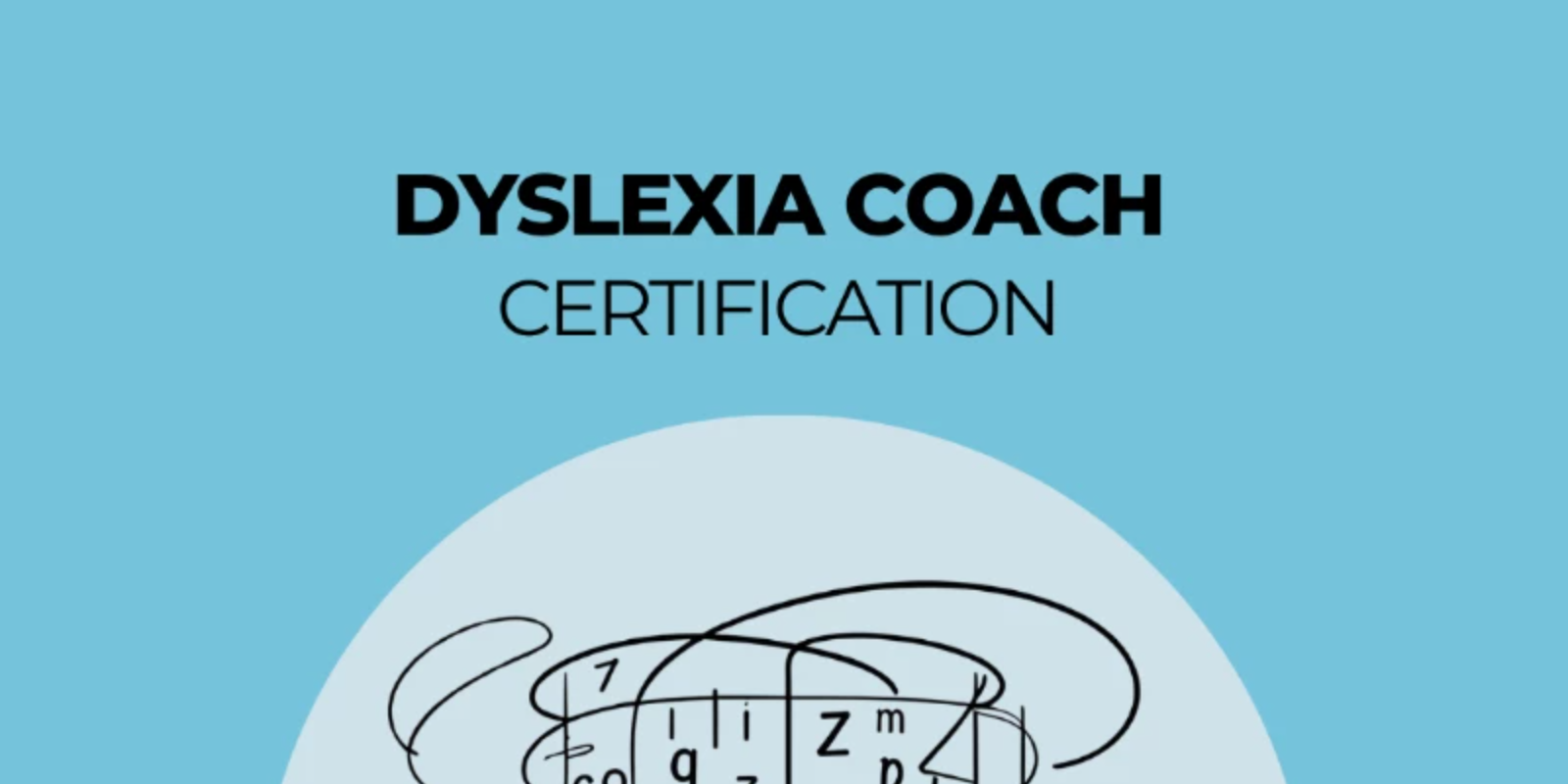Dyslexia Coach Certification: Support Learners with Confidence and Skill
Dyslexia affects how people read, spell, and process written language, yet with the right support learners can thrive. The Dyslexia Coach Certification trains educators, tutors, and specialists to identify strengths and challenges, deliver effective literacy interventions, and advocate for accommodations that unlock academic potential.
Understanding Dyslexia: A Strengths-Based View
Dyslexia is a neurodevelopmental difference that commonly impacts phonological processing, decoding, and fluency. It does not reflect intelligence; many dyslexic individuals bring creativity, big-picture thinking, and problem-solving strengths. Coaching centers on tailoring instruction to each learner’s profile while building confidence and independence.
The Role of a Dyslexia Coach
A dyslexia coach provides targeted literacy support, assessment-informed planning, and practical classroom or home strategies. Rather than replacing teachers, coaches collaborate with families and educators to implement interventions, monitor progress, and create learning environments where differences are understood and accommodated.
Typical responsibilities include:
Screening & Assessment: Using evidence-based tools and observations to identify reading challenges and strengths.
Individualized Plans: Designing structured, multisensory intervention programs tailored to each learner.
Instructional Coaching: Modeling lessons, training teachers, and offering feedback to improve instruction.
Progress Monitoring: Tracking outcomes, adjusting approaches, and documenting growth.
Advocacy & Accessibility: Guiding families on accommodations, assistive technology, and effective advocacy at school.
Why Dyslexia Coaching Is in Demand
Awareness of learning differences has increased, and schools are seeking staff who can provide specialized literacy support. Early identification and structured intervention significantly improve outcomes, which creates opportunities for trained coaches to make a measurable impact in classrooms and private practice.
Course Overview: Dyslexia Coach Certification
The Dyslexia Coach Certification combines current research with hands-on practice. You’ll learn diagnostic basics, multisensory teaching methods, assistive tools, and how to build collaborative systems that support learners across settings.
Key Topics Covered
Foundations of Literacy: Phonemic awareness, phonics, fluency, vocabulary, and comprehension frameworks.
Dyslexia Profiles: Common cognitive and linguistic patterns and differential considerations.
Assessment Techniques: Informal screening, structured assessments, and observational checklists.
Multisensory Instruction: Structured, sequential approaches that engage visual, auditory, and kinesthetic pathways.
Assistive Technology: Text-to-speech, dictation tools, and organization apps that boost independence.
Classroom Adaptations: Scaffolds, differentiation strategies, and assessment accommodations.
Family Partnerships: Coaching caregivers to support learning at home and build advocacy skills.
Monitoring & Data: Goal-setting, progress tracking, and evidence-based decision-making.
Ethics & Cultural Considerations: Inclusive practices and respectful communication across diverse communities.
Who Should Enroll?
- Classroom teachers and literacy specialists
- Private tutors and reading therapists
- School psychologists and special education coordinators
- Parents and caregivers seeking structured support strategies
Benefits of Certification
Practical Expertise: Apply proven literacy methods with confidence.
Improved Outcomes: Help learners make measurable reading gains.
Professional Recognition: Enhance your qualifications and credibility.
Flexible Career Paths: Work in schools, clinics, or private practice.
Practical Skills You’ll Gain
- Designing and delivering multisensory lessons.
- Conducting brief, classroom-friendly screenings.
- Using assistive tools to promote independence.
- Communicating assessment results and creating collaborative action plans.
Certification & Next Steps
After completing the program, you’ll receive a certificate and access to templates, lesson plans, and progress-monitoring tools. Graduates are equipped to implement structured literacy programs, consult with schools, or build a private coaching practice that supports learners long-term.
Conclusion
The Dyslexia Coach Certification empowers you to make a meaningful difference by translating research into actionable teaching and advocacy. With focused training, you’ll help learners build literacy skills, strengthen confidence, and open doors to academic and personal success.
